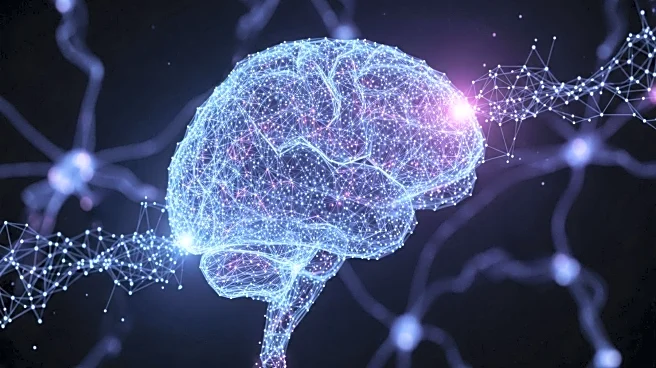What's Happening?
OpenAI has released a research paper addressing the issue of hallucinations in large language models, such as GPT-5 and ChatGPT. These hallucinations are defined as plausible but false statements generated by the models. The paper highlights that the pretraining process, which involves predicting the next word based on patterns in training data, contributes to these errors. The researchers argue that current evaluation methods incentivize guessing rather than expressing uncertainty, leading to inaccurate outputs. They propose a reevaluation of assessment methodologies to penalize confident but incorrect answers more harshly and award partial credit for acknowledging uncertainty.
Why It's Important?
The issue of hallucinations in language models has significant implications for industries relying on AI for information generation, such as customer service, content creation, and data analysis. Inaccurate outputs can lead to misinformation and undermine trust in AI systems. By addressing evaluation methods, OpenAI aims to improve the reliability of AI-generated information, which could enhance the utility and acceptance of AI technologies across various sectors. Stakeholders in technology and business stand to benefit from more accurate AI systems, while those relying on AI for critical decision-making may face challenges if these issues are not resolved.
What's Next?
OpenAI's proposed changes to evaluation criteria could lead to a shift in how language models are assessed and developed. If adopted, these changes may encourage the development of models that better understand their limitations and provide more reliable outputs. The research community and AI developers are likely to engage in discussions on implementing these recommendations, potentially influencing future AI model training and evaluation practices. The broader AI industry may see advancements in model accuracy and reliability, impacting how AI is integrated into business and societal applications.








